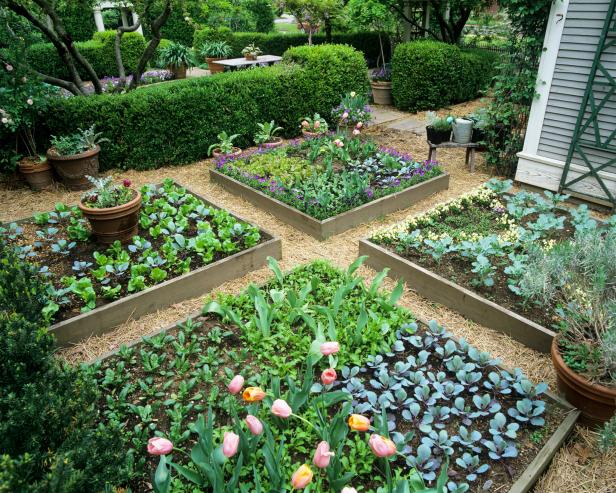I have received quite a number of questions from readers on why they engage in home gardening. Today I will attempt to address it and hopefully convince a whole lot more why home/school or office gardening is necessary and fun as well.
My first pointer is the current global pandemic we are battling against – coronavirus. Today, as the pandemic takes hold around the world, panicky shoppers are cleaning out stores, and basic foods are becoming increasingly expensive or difficult to find. As a result, even individuals with no gardening experience are searching YouTube for DIY videos on building raised beds and planting gardens.
Growing your own food can be as simple as having a few pots or planters out on your compound to as complex as turning a large section of your landscape for flowers into a highly productive produce resource. It’s not as difficult as you might think and the benefits are myriad.
Five great reasons for growing your own produce include:
- It’s more nutritious A diet with a variety of fresh fruits and vegetables is more diverse and healthy, packed with vitamins, minerals, and antioxidants to protect your cells. Foods with the shortest time between harvesting and eating retain the most nutritional value.
- It helps you obtain vitamin D: not from the produce itself, but from the sunshine to which you’re exposed when you spend some time outdoors gardening. Vitamin D protects against certain diseases and helps you maintain healthy bones and teeth.
- It provides healthy activity: physical activity required in gardening can improve cardiac health and immune system response; decrease heart rate and stress; and increase motor skills, flexibility, and body strength. Getting regular exercise helps relieve stress, anxiety, and depression while boosting energy.
- It saves you money: spending a little on seeds, plant starts, and gardening supplies can save you a lot at the supermarket.
- Growing your own produce also enables you to better control and limit the use of chemical fertilizers, herbicides, and pesticides.
Now, you may be tempted to say “Why go to all the trouble of trying to grow my own when supermarkets already have plenty of fruits and vegetables?” And, yes, while many supermarkets are normally filled with fresh, colorful produce that seems to scream “healthy,” all might not be as nutritious as it seems.
- While starting your own garden is a great idea, it’s important to realize that it shouldn’t be solely as a response to all the current doom-and-gloom. Instead, a little shift in perspective is warranted. The idea of growing your own food should not be simply a strategy for combating hoarding, but seen as a way to embrace a more positive, healthy lifestyle the whole family can enjoy, now and in the future.
- Your own little “victory garden” can be a source not just of food, but a place to grow plants with herbal and medicinal value as well.
The secret to home gardening: don’t bite off more than you can chew
If you’re a first-time gardener, start off with one box or just a planter or two and get used to working in the garden regularly. Don’t build a large space unless you can tend it frequently.
Here are some tips that will help you start a successful home vegetable garden:
- Location, location, location: Pick a spot to locate your garden that provides plenty of sun, access to water, and protection from harsh weather. If you’re planting in the ground, make sure you have a healthy, viable, mineral-rich soil that will support good plant growth. Of course, if you’re using planters or raised box beds, you have the flexibility to locate them more conveniently because you’ll be supplying the growing medium. Just be sure to locate them as close to you as possible for easier access that encourages daily visits to water and maintain them.
- Know when to grow: It’s important to determine if your garden will begin with seeds you’ll need to sprout or whether you’ll be using seedlings, known as “starts,” that are started by a nursery and ready to plant when you purchase them. If you’re starting from seed, you’ll want to get going in March or April so they’ll be ready to put in the ground in May. If you are using “starts” purchased from a nursery, then you should have located a good source and be ready to shop for them in May.
- Embracing home gardening to supplement your family’s food resources is as much a lifestyle choice as it is a dietary one.
Whatever your choice, we here at Let’s Go Farming are dedicated to supporting you. Here is to you and your family enjoying happy gardening and healthy eating! Keep sending your feedback to [email protected]










